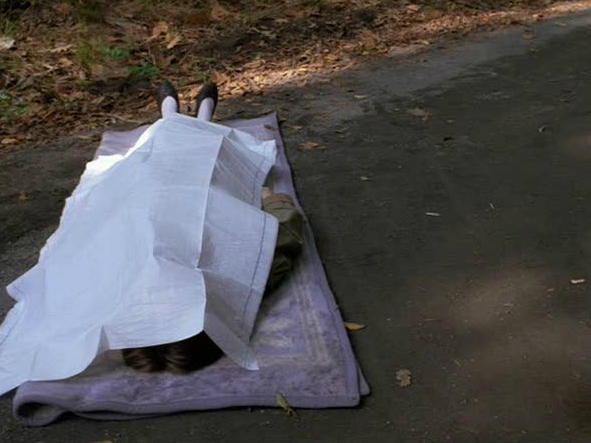
“We speak about the opera of the 19th century; it is considered the summit of dramatic art. In the film Die Mach der Gefühle (The Power of Emotion), opera was likened to a ‘power plant of emotions.’ The film Carmen by Carlos Saura has shown that such older forms of dramatic art tap certain currents in spectators; this is something we did not know before. Bound up with our own century is another ‘power plant of emotions’ - the cinema. Presumably, in the next century, beginning sixteen years from now, we will call it the cinema of the 20th century. This art form is ninety years old - a love affair of the century. The cinema consists of screening rooms, movie palaces, theaters on the front-lines, as well as many other gathering places, wherever films are shown for money. It also consists of a series of fascinating technical inventions which, though very elementary compared with the capabilities of electronics, all have to do with with the construction of a time machine. This cinema tells stories and it has produced artistic figures [Kunstfiguren] and idols. Obviously, this medium intrigues me. The present film project deals
(1) with elements of cinema;
(2) with the illusion of the city;
(3) with people acting in the city who have all kinds of things moving through their heads: personal experiences, notions about cinema, the reality of the city.
The stylistic link, and simultaneously the basis for a certain comic dimension corresponding to the seriousness of the situation, is the category of time. Cinematic time, ‘condensed dramatic time of cities,’ a lifetime - wrestling with time obviously occupies the course of our lives.”
Alexander Kluge1
“Alexander Kluge maakt in ‘Zur Grammatik der Zeit’ de vergelijking tussen film en opera. Beide kregen een eeuw om als massaspektakel te mogen regeren (opera de 19de, film de 20ste), en beide zijn aan hun zwaarte uiteindelijk ten onder gegaan. Sterker dan de televisie, waarvan we nu pas de mogelijkheden beginnen in te zien, wijst de film zelf, in het bijzonder in zijn krampachtige pogingen om geweld te tonen, op het definitieve einde van zijn heerschappij. De pathetische aanhef waarmee hij wil spreken, de onmogelijkheid om echt iets te zeggen, de knipoog: de bedoening mislukt en slaat om in verveling. Film is niet dood, hij is zichzelf kotsbeu. De overkill smeekt om euthanasie.”
Bart Meuleman2
- 1Alexander Kluge, Der Angriff der Gegenwart auf die übrige Zeit (Frankfurt am Main: Syndikat Autoren und Verlagsgesellschaft, 1985).
- 2Bart Meuleman, “Kinderen niet toegelaten,” De Witte Raaf 55 (1995).

